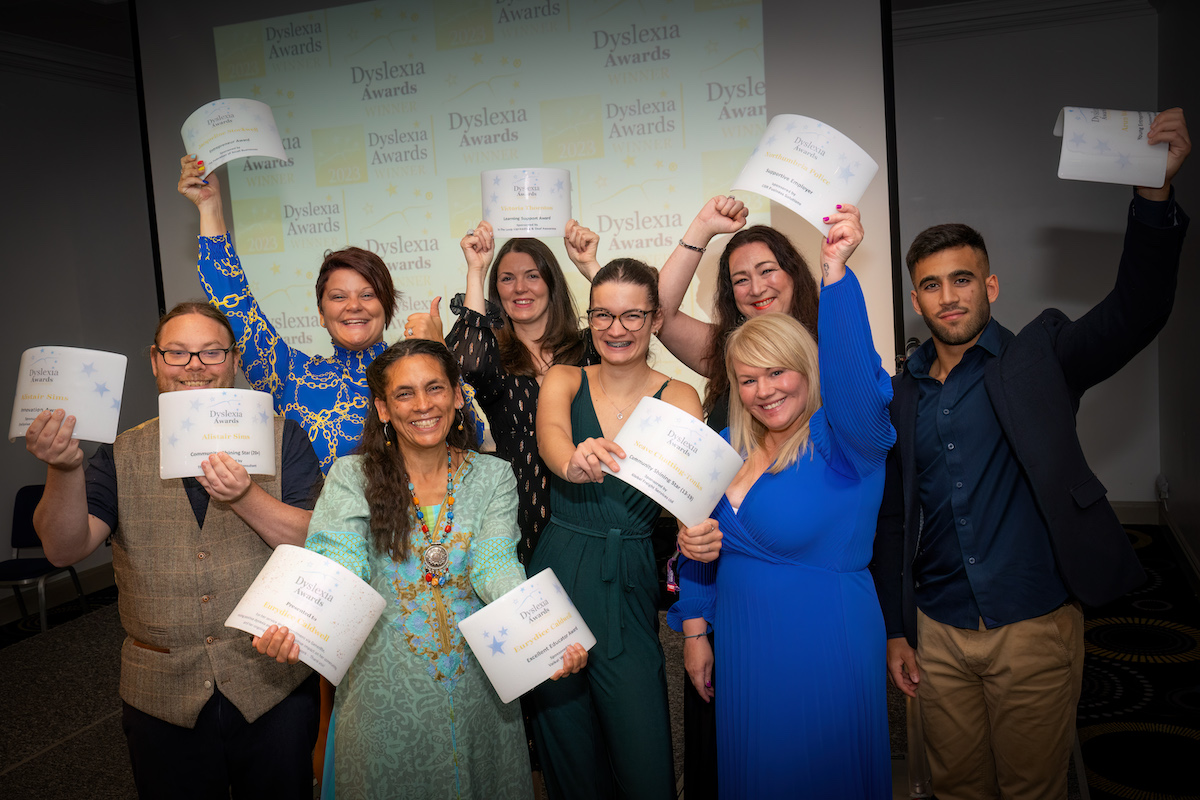Harnessing the Power of the Collective for a Stronger FE and Skills Sector

Dr Vikki Smith, Executive Director of Education and Standards at the Education and Training Foundation, discusses the key themes and recommendations from the latest FE + Skills Collective report, Bridging the gap between policy and pedagogy: building a stronger FE and Skills system, co-authored with Ben Rowland, CEO at AELP.
The latest FE + Skills Collective report, published today, proposes key recommendations to strengthen the Further Education (FE) and Skills sector, aligning with the new Government’s missions for change. Drawing on input from nearly 90 educators, leaders, employers, and policymakers who attended the FE + Skills Collective event in Birmingham just under two months ago, the report demonstrates how our sector can lead the way in tackling skills shortages and opening up opportunities for all.
The intention of the FE + Skills Collective is to foster collaboration and bring together voices and expertise from across the sector to develop a blueprint for action. Unsurprisingly, many of the recommendations collated in this report rely on a strong foundation of ongoing collaboration and relationship building to be delivered successfully.
Our sector holds untapped potential, and by working together, we can create sustainable solutions. While signalling to the Government the need for investment and reform in FE and Skills to drive lasting positive change, this report also recognises what we can do ourselves, as a sector, to deliver transformative benefits for our learners and, by extension, for our society and economy. Six key themes stand out from the report as crucial areas to focus our attention. Each theme is examined in turn below.
Working together
Collaboration underpins our whole endeavor. Strengthening relationships across our sector – between educators, employers and policymakers – is essential to enable us to better align skills development with local and national priorities. These relationships must be underpinned by trust, as explored in the recent Changing Systems of Change report developed by the Education and Training Foundation with Saïd Business School, University of Oxford. That report explores how positive feedback loops of trust and collaboration can build improvement across the FE and Skills system. Discussions at the FE + Skills Collective event were influenced by these concepts, with trust again emphasised as vital in building productive relationships across our sector.
Ensuring inclusivity
As a sector, we pride ourselves on providing opportunities for the broadest range of learners. Ensuring that every learner has access to personal and professional development opportunities must remain a priority, with particular attention paid to learners from socially disadvantaged backgrounds and learners with special educational needs and disabilities (SEND). Success here requires targeted interventions supported by funding and relevant training for staff.
Empowering educators
High-quality teaching underpins the success of our sector, with inspirational professionals transforming learners’ lives every day. Many in FE and Skills are expected to be dual professionals, maintaining up-to-date industry expertise alongside pedagogical expertise. To support teaching excellence and professionalism across the sector, investment in continuous professional development (CPD) is vital. The report makes recommendations to ensure dual professionalism is supported as part of CPD activities, including through collaboration with employers and industry placements for teaching professionals.
Re-examining careers guidance
A key recommendation of the report is to modernise careers advice to meet current and future workforce demands. Transforming the National Careers Service into an all-age, personalised service would help individuals to navigate career changes and transitions throughout their lives. More personalised guidance, informed by local and national labour market data, would be transformative for all, but would be particularly valuable for marginalised groups, such as prisoners or disadvantaged youth.
Embracing place-based approaches
Examining local and national skills landscapes formed the basis of our scene-setting panels during the morning of the FE + Skills Collective event. Discussions around local and regional contexts highlighted how enabling localised decision-making helps to address local and regional skills needs and reduce inequalities nationwide. To enable the success of place-based approaches, the report identifies the need for better data-sharing and closer collaboration between local employers and skills providers.
Harnessing technology
Technology is a key enabler that supports many of the other recommendations in the report. As a sector, we must embrace tools such as Artificial Intelligence (AI) to enhance teaching, streamline administration, foster collaboration, and support hybrid learning environments. Providers should prioritise upskilling practitioners in emerging digital technologies to ensure our own educators are equipped to develop the workforce of today and tomorrow. Communities of practice would help share knowledge in this area and support professionals in collaborating on innovative approaches.
Looking to the future
This report is only the beginning of the conversation – we must now work together to bring its recommendations to fruition. In embracing these recommendations, and continuing to harness the power of the Collective, we can build a self-improving system that responds to learners’ needs, creates meaningful partnerships with employers and policymakers, and delivers on the Government’s mission-led agenda.
By Dr Vikki Smith, Executive Director of Education and Standards, Education and Training Foundation.











Responses